Seattle (pronounced /siːˈætɫ̩/ see-AT-əl or /siːˈæɾɫ̩/) is the county seat of King County, in the state of Washington. With 608,660 residents as of the 2010 Census, Seattle is the largest city in the Pacific Northwest region of North America and the largest city on the West Coast north of San Francisco. The Seattle metropolitan area of about 3.4 million inhabitants is the 15th largest metropolitan area in the United States. The city is a major coastal seaport situated on a narrow isthmus between Puget Sound (an arm of the Pacific Ocean) and Lake Washington, about 114 miles (183 km) south of the Canada–United States border. In 2010, the container ports in Seattle Metro (Seattle-Tacoma) were the third busiest in the United States, after Los Angeles-Long Beach and New York, serving as a major gateway for trade with Asia.
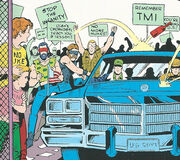
Native Americans inhabited The Seattle area for at least 4,000 years before the first permanent white settlers. Arthur A. Denny and his group of travelers, subsequently known as the Denny Party, arrived at Alki Point on November 13, 1851. The settlement was moved to its current site and renamed "Seattle" in 1853, after Chief Seattle of the local Duwamish and Suquamish tribes.
Logging was Seattle's first major industry, but by the late 19th century the city had become a commercial and shipbuilding center as a gateway to Alaska during the Klondike Gold Rush. By 1910, Seattle was one of the 25 largest cities in the country. However, the Great Depression severely damaged the city's economy. Growth returned during and after World War II, due partially to the local Boeing company, which established Seattle as a center for aircraft manufacturing. The city developed as a technology center in the 1980s. The stream of new software, biotechnology, and internet companies led to an economic revival, which increased the city's population by 50,000 between 1990 and 2000. More recently, Seattle has become a hub for "green" industry and a model for sustainable development.
Seattle has a noteworthy musical history. From 1918 to 1951, there were nearly two dozen jazz nightclubs along Jackson Street in the current Chinatown/International District. The jazz scene developed the early careers of Ray Charles, Quincy Jones, Ernestine Anderson, and others. Seattle is also the birthplace of rock legend Jimi Hendrix and the rock music style known as "grunge", which was made famous by local groups Melvins, Nirvana, Soundgarden, Alice in Chains, and Pearl Jam. In more recent years, Seattle has been known for indie rock and indie dance music.
Logs
2018
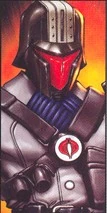
- 07-22 - "Meeting of the Minds" - While out for pleasure flights, Interrogator meets Vortex.
2023
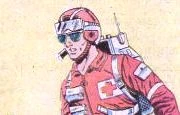
- April 2 - "Confessions of a Preacher Man's Son" - Lifeline and Spike Witwicky go out to a Seattle brewery to catch up, but the evening discussions go off the rails when Lifeline confesses something that's been weighing on his mind. Mature Content.
2024
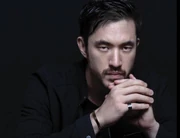
- May 23 - "Sunny Day in Seattle" - Tomas spent the week in Seattle running errands and handling 'family' business. Then he has a run-in with someone calling himself Snake-Eyes. How rude.
- May 30 - "A Dress to Die For?" - SG-Snake-Eyes decides to track down Scarlett, but perhaps luckily for her, Storm Shadow happens to be in the area.
On the MUX
Seattle (569,101), on the coast of Puget Sound in the northwest, is home to Lifeline (the real one) and Rapid-Fire.

After high school, Ace moved to Seattle and became an excellent pilot and had various jobs, including stunt flying for movies, before joining the Air Force at 22.
Shattered Glass
2009

- November 8 - "Deadline Visits Spike" - (Warning: LANGUAGE/Mature Situations) Deadline pays a house call to Spike Witwicky to confirm if there really is a transforming robot residing at the residence, and he gets a bit more than he bargained for.
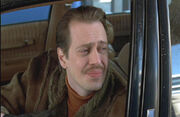
 This article on a location associated with Transformers Universe is a stub and is missing information. You can help Transformers Universe MUX by expanding it. |
| This page uses Creative Commons Licensed content from Wikipedia (view authors). |